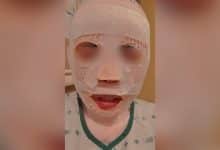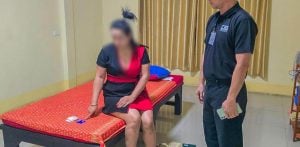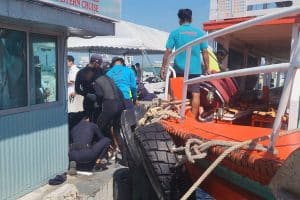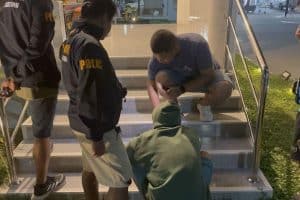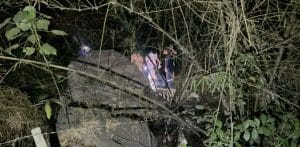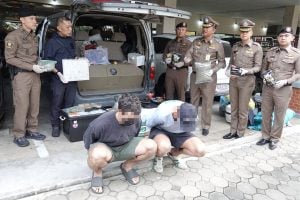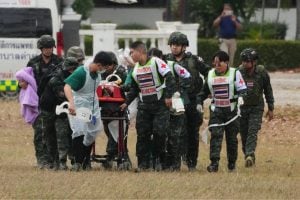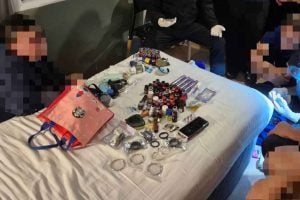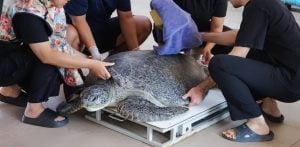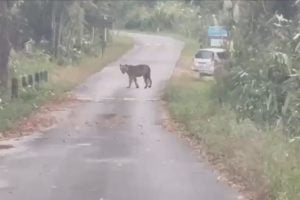Thai DCD: you probably won’t die of a brain eating amoeba
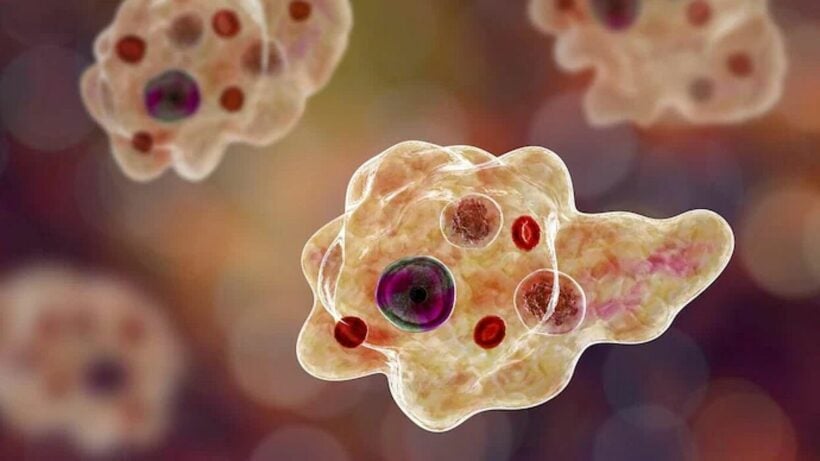
The Disease Control Department (DCD) in Thailand is reassuring people that the chances of dying from a brain-eating amoeba are very, very small. The statement comes after news got out that a man returned to South Korea from a trip to Thailand and died of Naegleria fowleri, a brain-eating amoeba.
The DCD director-general reported that only 17 infections have been recorded in Thailand over the past 40 years, though 14 of them were deadly. The amoeba cannot be transmitted from human to human and cannot infect people by drinking water.
The amoeba lives in soil and freshwater, such as lakes, rivers, and waterfalls all across the globe and enters the human body through the nose. Then it travels from the nose to the brain and begins dining. Most of the cases recorded in Thailand are from people ingesting water, usually while swimming in a natural water source or pool.
According to Thai PBS World, the DCD advises people not to swim or dive in dirty water and to be careful not to let any water go up their noses while swimming. The risk is higher when the water temperature rises in summer.
The early stages of a brain-eating amoeba, or primary amoebic meningoencephalitis, can easily be mistaken as bacterial meningitis. The incubation period can be between two and 15 days but generally starts about six days after the initial infection. At first, those infected might experience headaches, fever, nausea, or vomiting. Later, symptoms develop into severe headaches, stiff neck, seizures, hallucinations, lack of attention to the people and things around, and even coma.
With a death rate of over 97%, most people infected with Naegleria fowleri do not survive. Cases are fairly rare and this was the first of its kind in South Korea.
The South Korean man in his 50s died from a Naegleria fowleri infection, according to a report released by the Korea Disease Control and Prevention Agency (KDCA) Monday. The deceased returned to South Korea on December 10 after spending four months in Thailand. The next day, he was admitted to the hospital. Ten days later, he died.
The DCD sent their condolences to the family of the man who died and expressed gratitude to the South Korean Embassy in Thailand for keeping them informed.
Latest Thailand News
Follow The Thaiger on Google News:
